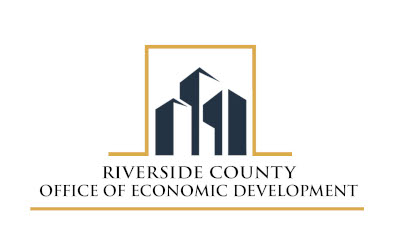Foreign-Trade Zones
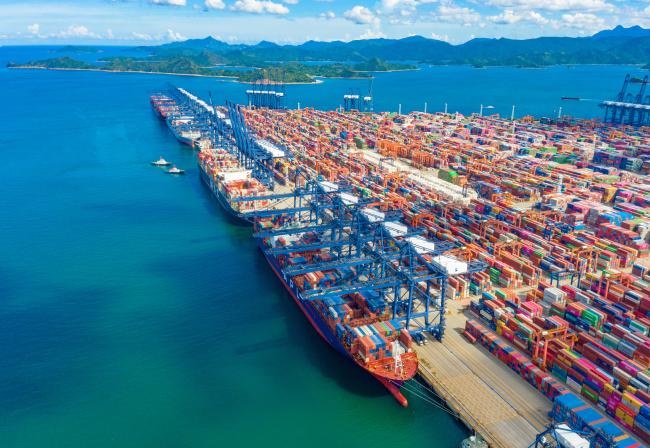
Foreign-Trade Zones are considered outside of U.S. commerce for Customs purposes. This enables companies to defer duty payments on merchandise until it is entered into U.S. commerce. If the merchandise is subsequently re-exported from the FTZ, no Customs entry is filed, and no duty paid on the merchandise. The U.S. Foreign-Trade Zones program offers substantial advantages to U.S.-based manufacturers and distributors, many of which are not available under free trade zone regimes abroad. In general, merchandise in a zone may be: assembled, exhibited, cleaned, manipulated, manufactured, mixed, processed, relabeled, repackaged, repaired, salvaged, sampled, stored, tested, displayed, and destroyed.
Some of the benefits that are most attractive to companies are relief from inverted tariffs, duty exemption on re-exports, duty elimination on waste, scrap and yield loss, savings on damaged or nonconforming items, weekly entry savings, cash flow (duty deferral) savings, zone-to-zone transfers, government and military sales, and ad valorem tax relief.
Companies often find that the integration of a variety of FTZ benefits and procedures enables them to maximize their savings and minimize their operational costs at each point in their FTZ distribution or manufacturing processes. Click below to learn more about the benefits of Foreign Trade Zones.
What can be done in a Foreign-Trade Zone?
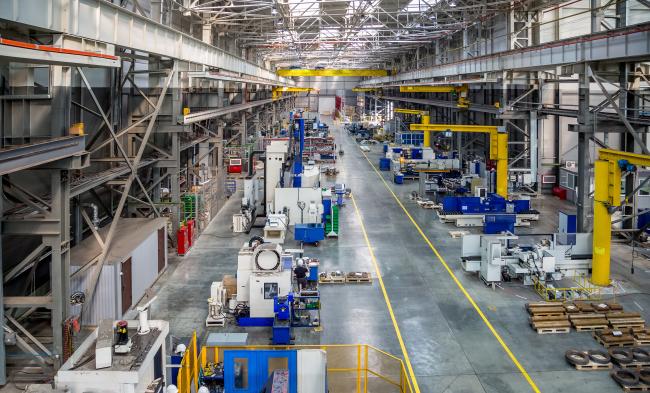
Any merchandise that is not prohibited from entry into the U.S. may generally be admitted into a Zone. Manufacturing, processing and any activity that results in a change of the tariff classification can occur in a Zone but must be specifically approved by the FTZ Board. Retail trade is prohibited in Zones.
Although FTZs are considered in international commerce, FTZ sites and facilities remain within the jurisdiction of local, state and/or federal governments and agencies. If applicable, import licenses or permits from other government agencies may still be required. Products may be excluded if agencies determine that zone facilities are inadequate for storage and handling requirements. Products which are deemed detrimental to public health, interest or safety may be excluded by the Foreign-Trade Zones Board. Similarly, the Board may place restrictions upon the zone status and type of operation that may be performed upon certain merchandise.
Merchandise entering a Zone may be:
|
|
|
|
|
|
|
|
|
|
|
|
|
|
|
Foreign-Trade Zone Benefits
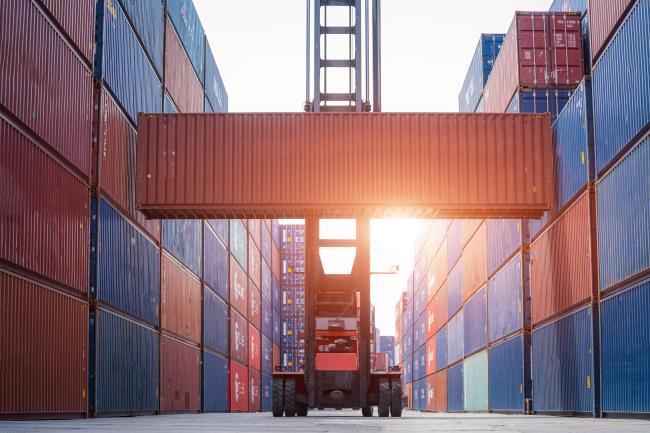
1. Duty Deferral – Duties are only paid when imported merchandise is entered into the U.S. Customs territory.
2. Duty Elimination – There are no duties paid on merchandise that is exported from an FTZ, transferred to another zone, or destroyed. This eliminates the need to manage costly and time-consuming Duty Drawback programs.
3. Weekly Entry – Customs allow for a weekly entry processing, which benefits importers because the Merchandise Processing Fees are capped at $538.40 on a weekly basis, versus per shipment basis.
4. HMF Deferral – Harbor Maintenance Fee is paid quarterly and in a single payment.
5. Inverted Tariff – In FTZ manufacturing, the imported goods can have higher duty rates than the finished product entering the US commerce. The FTZ Board may allow the manufacturer to apply the lower finished product duty rate to the foreign inputs. Note: Inverted tariff benefits may be precluded by restrictions on certain imported goods; either case specific or implemented in trade measures.
Note: Inverted Tariff Benefits may be precluded by restrictions on certain imported goods; either case specific or implemented in trade measures.
Foreign Trade Zone Feasibility Questionnaire
Are you interested in learning about the FTZ benefits for your specific business? Click on the button below to fill out a questionnaire.
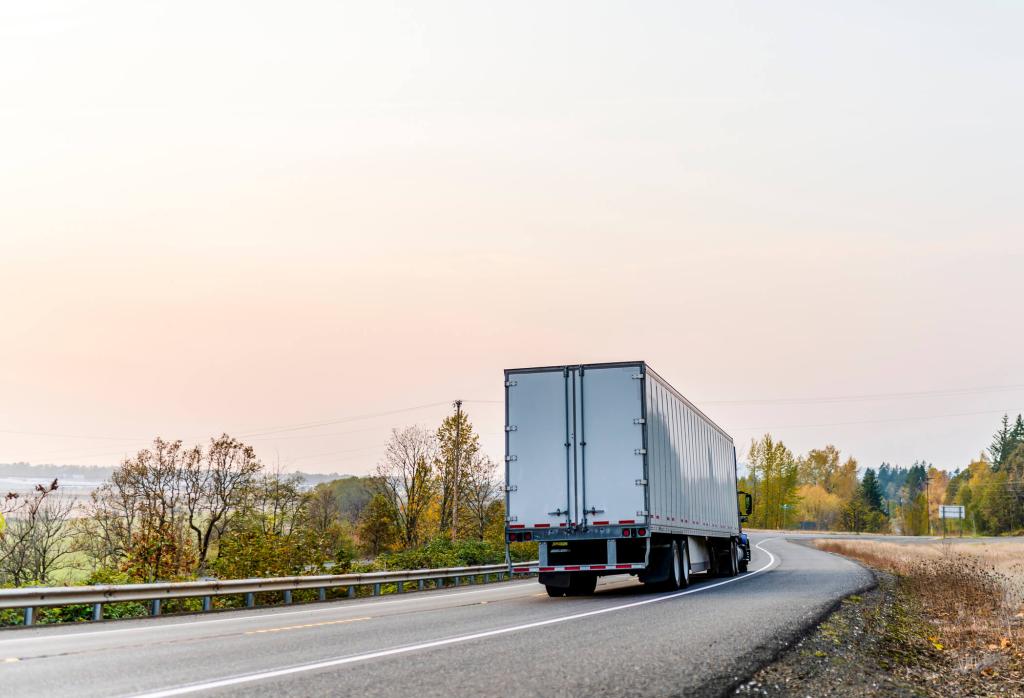
Is My Business In A Foreign-Trade Zone?
NEWS: ITC Diligence International Partners with Riverside County to Provide FTZ Consulting Services
ITC Diligence International is proud to announce a new partnership with Riverside County, CA. As a licensed customs broker and FTZ consultant with over 30 years of experience, ITC Diligence International brings their expertise in Foreign Trade Zone (FTZ) strategy and supply chain logistics to Riverside County and its stakeholders.
One of the key services provided by ITC Diligence International is education on the benefits of FTZs.
For those who may not be familiar, FTZs are designated areas within the United States where foreign and domestic goods can be imported, stored, and processed without being subject to certain federal customs duties and taxes. This can be a huge advantage for businesses looking to import and export goods, as it can save them time and money.

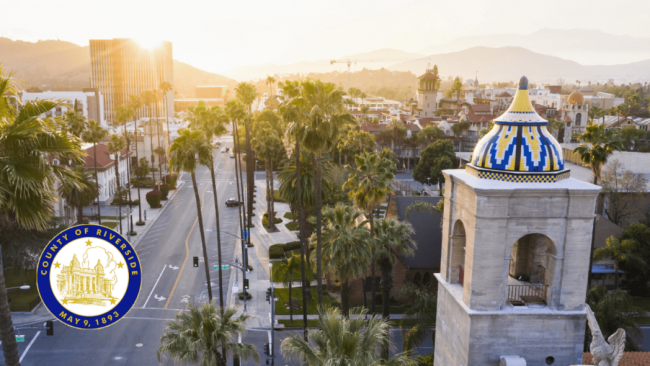
Foreign-Trade Zone Contact
For more information on Foreign-Trade Zones, please contact the Riverside County International Business Office:
INTERNATIONAL BUSINESS OFFICE
3403 10th Street, Suite 400, Riverside, CA 92501
(951) 955-8916
Kimberly Wright
Economic Development Manager
International Business Office
[email protected]

